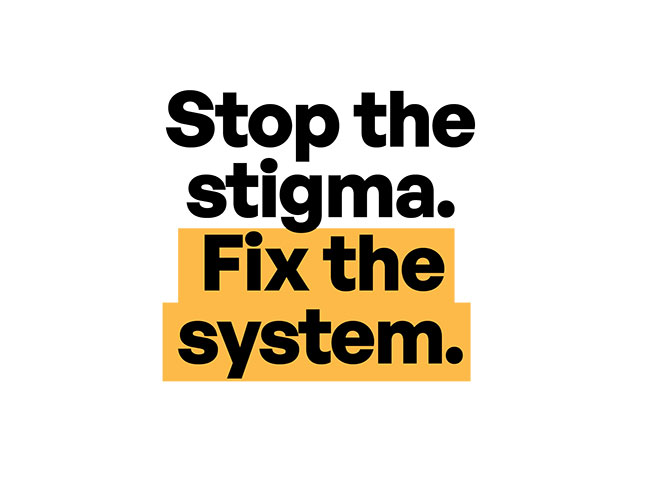Tackling stigma in the social security system


Stop the stigma. Fix the system
Most of us will need the benefits system at some point. So, it should treat us all with dignity and respect. Join our campaign to make sure our social security system is there for all of us when we need it.
Stigma within the UK social security system refers to the negative perceptions and attitudes that society holds towards individuals who receive welfare benefits.
77% of UK adults would find it challenging to claim benefits if their circumstances change*
This stigmatisation can also manifest in policies and practices within the social security system. Examples include intrusive assessments, complex application processes and punitive sanctions, which can reinforce negative stereotypes and further marginalise people who need support.
*Polling from YouGov, commissioned by Turn2us in April 2024, highlighted feelings of shame or unworthiness as reasons that stop people from applying for benefits, with 77% of respondents believing it would be challenging to claim benefits if their circumstances changed.
Harmful narratives can reinforce stigma and damage people’s self-esteem, sense of identity and mental health – they can also cause a vicious cycle where faith in institutions or services is eroded, and people are less likely to seek help.
Research conducted by Policy in Practice found that the total amount of unclaimed income related benefits and social tariffs is now £23 billion a year.
We know from our benefits calculator and grant-giving programmes that maximising people’s income is essential to support households to get back on their feet and prevent further financial crises.
